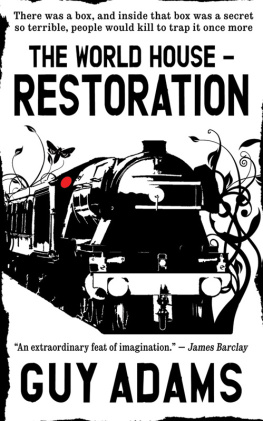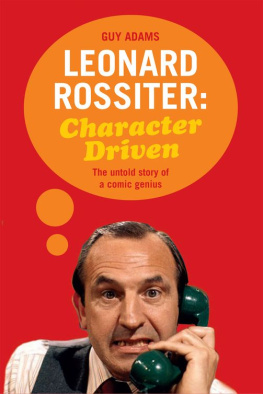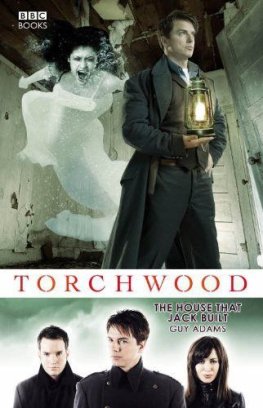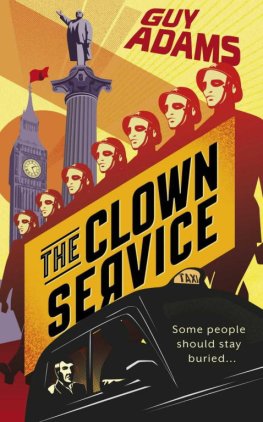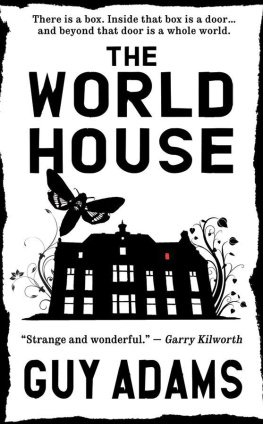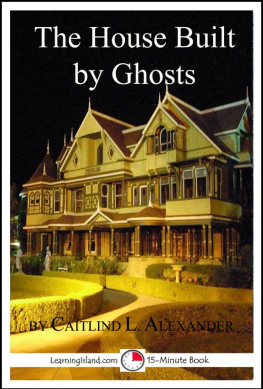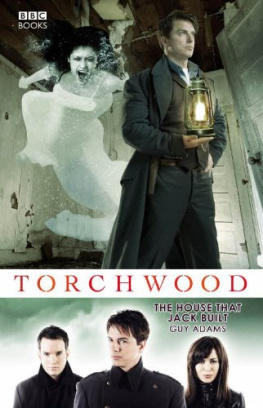PART ONE
All Change
1.
The train now arriving at platform 3.149 to the power of 4 is delusional, passengers are advised they board it at their own risk.
Train stations are broken places. Echo chambers crammed with the bewildered and lost. They exist only to be departed from as quickly as possible. Crowds gather beneath the information boards like starving animals at a trough. They are angry, or impatient, or lonely, or panicked. That emotion bounces off the cold tiles and iron arches, filling every inch of the place. The act of sitting in this atmosphere is akin to lying in bed after an argument, all weighty silence and an urge to scream. Train stations are ghastly.
"This place is amazing!" said Miles, which goes to show what a hard time he's had of late. "I wonder if the coffee shops will serve us."
"We have more important things to think about than lattes," said Ashe.
"Lattes and pastries?"
Ashe ignored him, crouching down to check on the unconscious bodies of Tom, Alan and Sophie.
"Should you be doing that?" asked Miles as Ashe pressed his fingers to Alan's neck. "Two versions of the same person touching I've seen movies, won't the world explode or something?"
A savage crack heralded another section of roof tumbling to the floor.
"Don't tempt fate," said Penelope, looking around at the devastation.
Perhaps the most accurate part of the illusory St. Pancras was the way the crowds carried on their business despite the chaos. Glass shattered, cracks appeared in the concourse, bricks crumbled in torrents of dust. Nobody batted an eyelid. They could only be the ghosts of Londoners.
"She's saying something," said Ashe, picking up Sophie in his arms.
Carruthers leaned in, pressing his ear to the girl's lips. "Build not break, build not break she just keeps repeating herself, poor thing."
"We should get somewhere a bit safer." Penelope suggested. "While we decide what to do."
"How about a coffee shop?" Miles asked.
"I'm not sure anywhere is safe at this juncture," said Carruthers. "But I agree we should take stock."
"And eat a cinnamon swirl," Miles added, "to help us focus."
"You're obsessed," Penelope smiled.
"About lots of things, can't deny it."
"We need to get away from the glass roof," Ashe mumbled, "and if it shuts him up" He marched towards a nearby crperie.
Miles and Carruthers stared at the bodies of Alan and Tom, one portly, one skeletal. "Toss you for it?" suggested Miles.
"Allow me," Penelope grabbed Tom under the arms and scooted him off towards the cafe.
"You get his legs," said Carruthers with a smile.
"Fine," Miles agreed, "you get his pies."
Stepping through the door of the cafe, Ashe glanced up at the roof. "Should provide a little more cover," he said, "keep away from the front window though, no point substituting one hail of glass for another."
"Yes boss," Penelope muttered, pushing past him and dragging Tom over to the far corner, "we know you have our best interests at heart after all."
Ashe didn't rise to the bait, he was far too concerned with Sophie, brushing the hair out of her eyes and whispering reassurance. It seemed bizarre to Penelope, the mental image she held of Ashe as a young man was completely scotched by this aging version. Before proven otherwise she had always seen Chester as gentle but cold. This man was filled with emotion and so utterly in control of himself that even in his dotage he screamed alpha male the minute he walked into a room. She wondered for a moment what it was that had changed him but then realised they were living it.
"I've been thinking," said Miles as he and Carruthers carried Alan inside.
"About time you started," Ashe mumbled.
"If we're dealing with time travel then the key to stabilising this place isn't so much in act as intention."
"What do you mean?" asked Penelope.
"We need to agree, and stick to, our plan to get everything back on track. That first step alone should buy us time."
"Explain," said Ashe, attentive to him for once.
"You need to go back in time and ensure the box travels its pre-ordained path, yes?"
"It seems we have little choice."
"Then you'll do it?"
"Like I said there's not a lot of options."
From outside the cafe there was another crack as the roof continued to give way. A large triangle of glass dropped towards the floor and then froze, at midpoint, hovering in the air.
"That's it!" Miles shouted. "It works."
"I don't follow" admitted Carruthers.
"You have to think about time in the right way," Miles explained. "Ashe has committed to ensuring our recent history stays on track. At this point he will either succeed or he won't. It's all up in the air. If he succeeds the damage ceases, if he fails it will complete itself."
He stepped out of the cafe and looked around, the others following. "We're living alongside Schrdinger's cat."
"Has he gone mad do you think?" Carruthers asked.
"No," Ashe replied, "it's a thought experiment devised in the 1930's. On a quantum level, everything is governed by probability and it is only in the recording the observation of events that probabilities resolve into certainties."
Carruthers glanced at Penelope. "Seems to me they've both lost it now."
"A man takes a cat," Ashe continued, "and places it in a sealed box alongside a Geiger counter, a small amount of radioactive material and a flask of poison."
"What on earth would someone do that for?" Penelope asked, "Did he have a pathological hatred of cats?"
"The cat is unimportant," said Miles.
"Not to the cat, one imagines." Penelope replied.
"It's purely hypothetical!" said Ashe, "he didn't do it for real The point is this: the radioactive substance is tiny, chosen for its equal probability to decay or not over a given time period. In that period say an hour it will either trigger the Geiger counter or it won't. If it does then the counter trips a system that will shatter the flask of poison killing the cat. If it doesn't well, then it won't. After that hour has elapsed the probability of the cat being alive is equal to the probability of it being dead."
"So the cat is both alive and dead." Miles continued, "the only way of resolving the probability waveforms is by opening the box and observing one way or the other."
"That's silly," said Penelope.
"According to Schrdinger, so was Quantum theory, that was his point." Miles replied.
"Forgive me," said Carruthers, "but I'm completely at a loss as to how this is relevant."
"I will go back in time with the box," explained Ashe, "and the probability of my succeeding or not is in balance, the outcome unknown. The house is therefore in a state of stasis until the probability is resolved one way or the other."
"Exactly," said Miles, "so can we have a latte now?"
They settled around one of the larger tables.
There was a frantic hammering from the direction of the coffee machine as Miles tried to make it bleed hot beverages.
"What's happening?" Alan shouted, snapping awake. He thrashed around in panic and sent a couple of chairs careering across the floor. "Sophie?"
Ashe was straight to his feet. "She's okay," he insisted, grabbing Alan and trying to restrain him. "You're safe, calm down."

